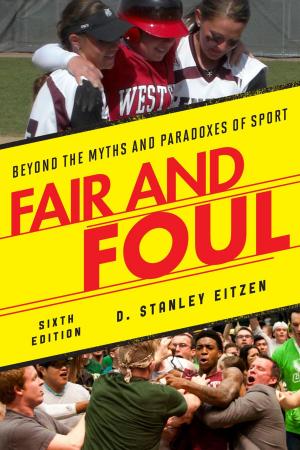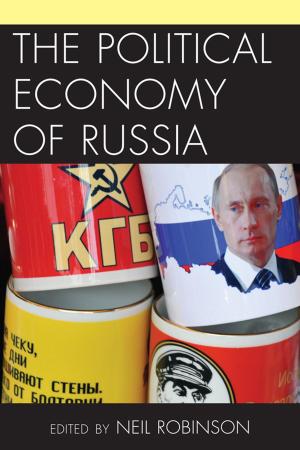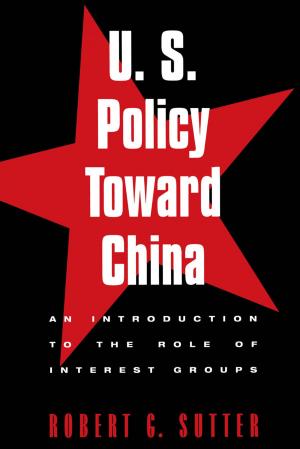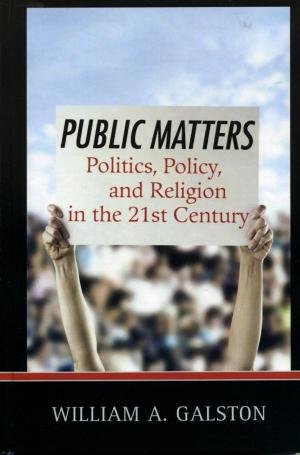Caught in the Crossfire
Revolution, Repression, and the Rational Peasant
Nonfiction, Social & Cultural Studies, Social Science, Sociology| Author: | David T. Mason | ISBN: | 9780742568747 |
| Publisher: | Rowman & Littlefield Publishers | Publication: | February 16, 2004 |
| Imprint: | Rowman & Littlefield Publishers | Language: | English |
| Author: | David T. Mason |
| ISBN: | 9780742568747 |
| Publisher: | Rowman & Littlefield Publishers |
| Publication: | February 16, 2004 |
| Imprint: | Rowman & Littlefield Publishers |
| Language: | English |
Caught in the Crossfire presents a multifaceted explanation of why people participate in something as dangerous and uncertain as a revolutionary movement. Beginning with an analysis of the grievances that motivate peasant participation in political movements, the book also explores the additional factors_leadership, resources, and strategies_required to mobilize peasants for collective action. Collective action itself need not be violent, but a repressive state response can quickly transform a reformist movement into a revolution. Mason shows how different strategies on the part of various actors can result in a government victory, a rebel victory, or a negotiated settlement. The book concludes with a look to the future: Will the emerging trends toward political democratization and economic globalization make revolution in the countryside more or less likely?
Caught in the Crossfire presents a multifaceted explanation of why people participate in something as dangerous and uncertain as a revolutionary movement. Beginning with an analysis of the grievances that motivate peasant participation in political movements, the book also explores the additional factors_leadership, resources, and strategies_required to mobilize peasants for collective action. Collective action itself need not be violent, but a repressive state response can quickly transform a reformist movement into a revolution. Mason shows how different strategies on the part of various actors can result in a government victory, a rebel victory, or a negotiated settlement. The book concludes with a look to the future: Will the emerging trends toward political democratization and economic globalization make revolution in the countryside more or less likely?















